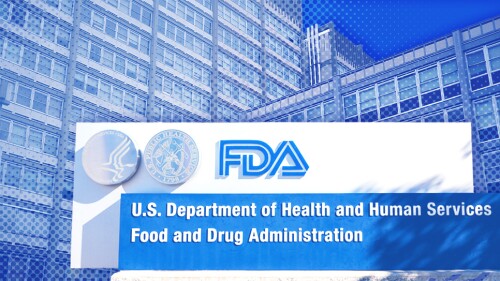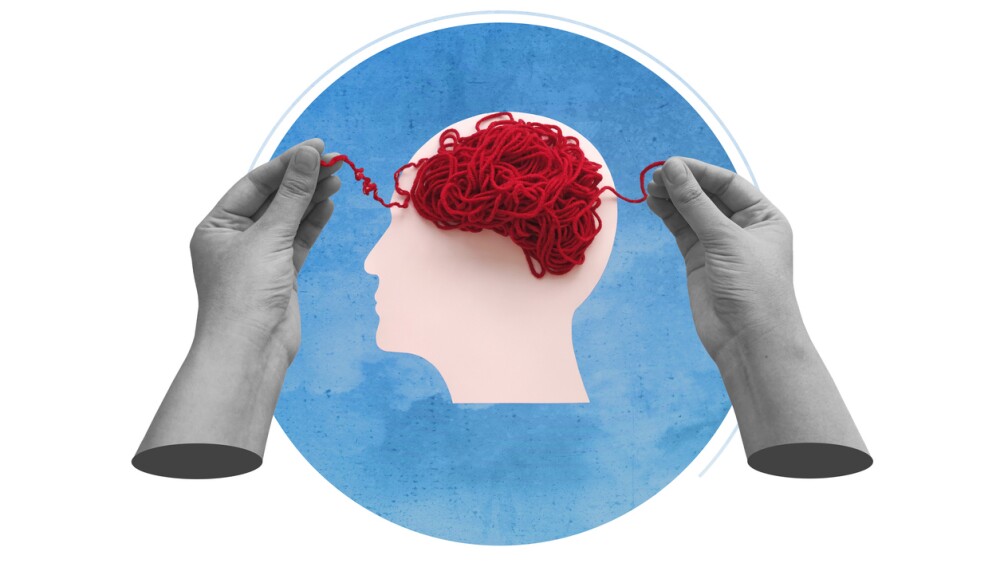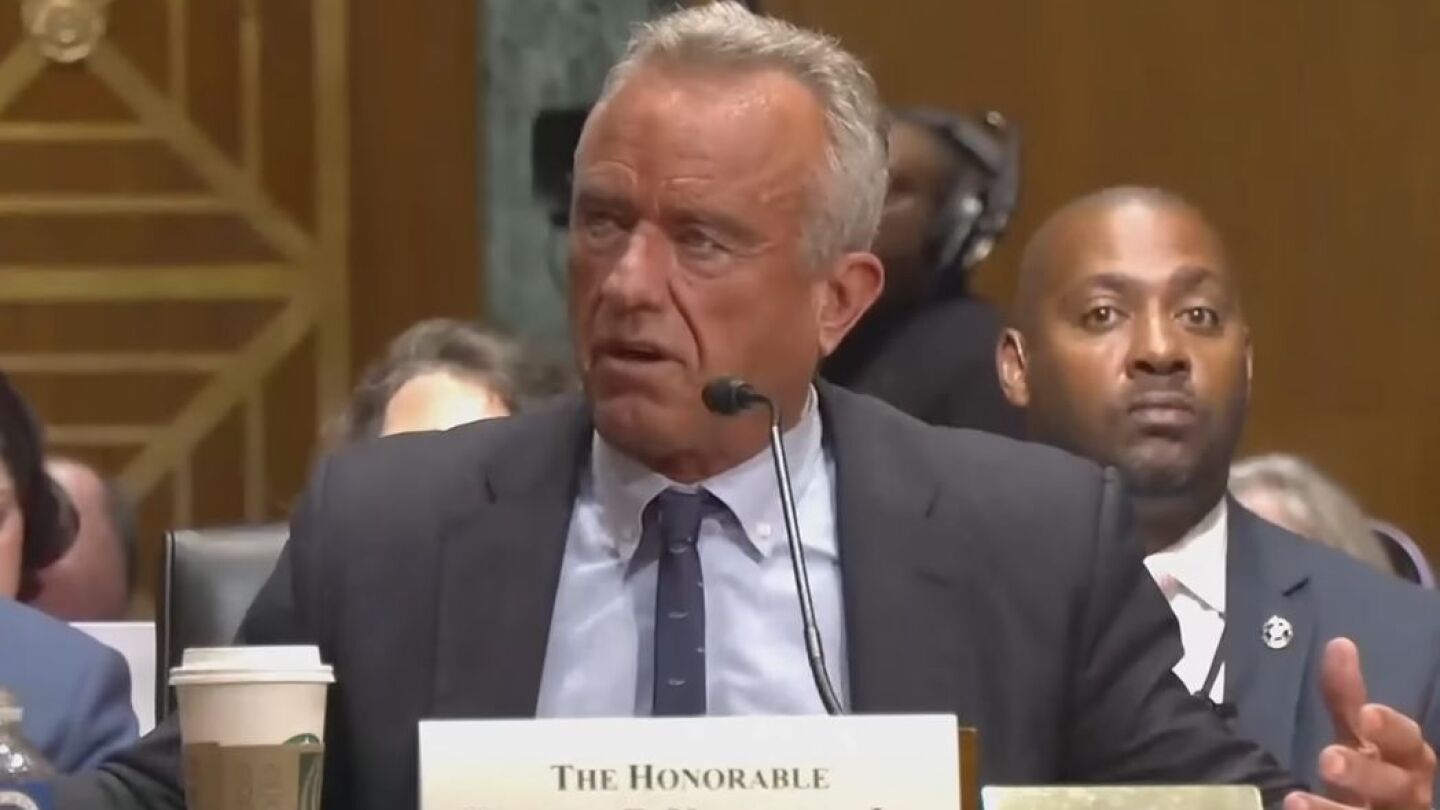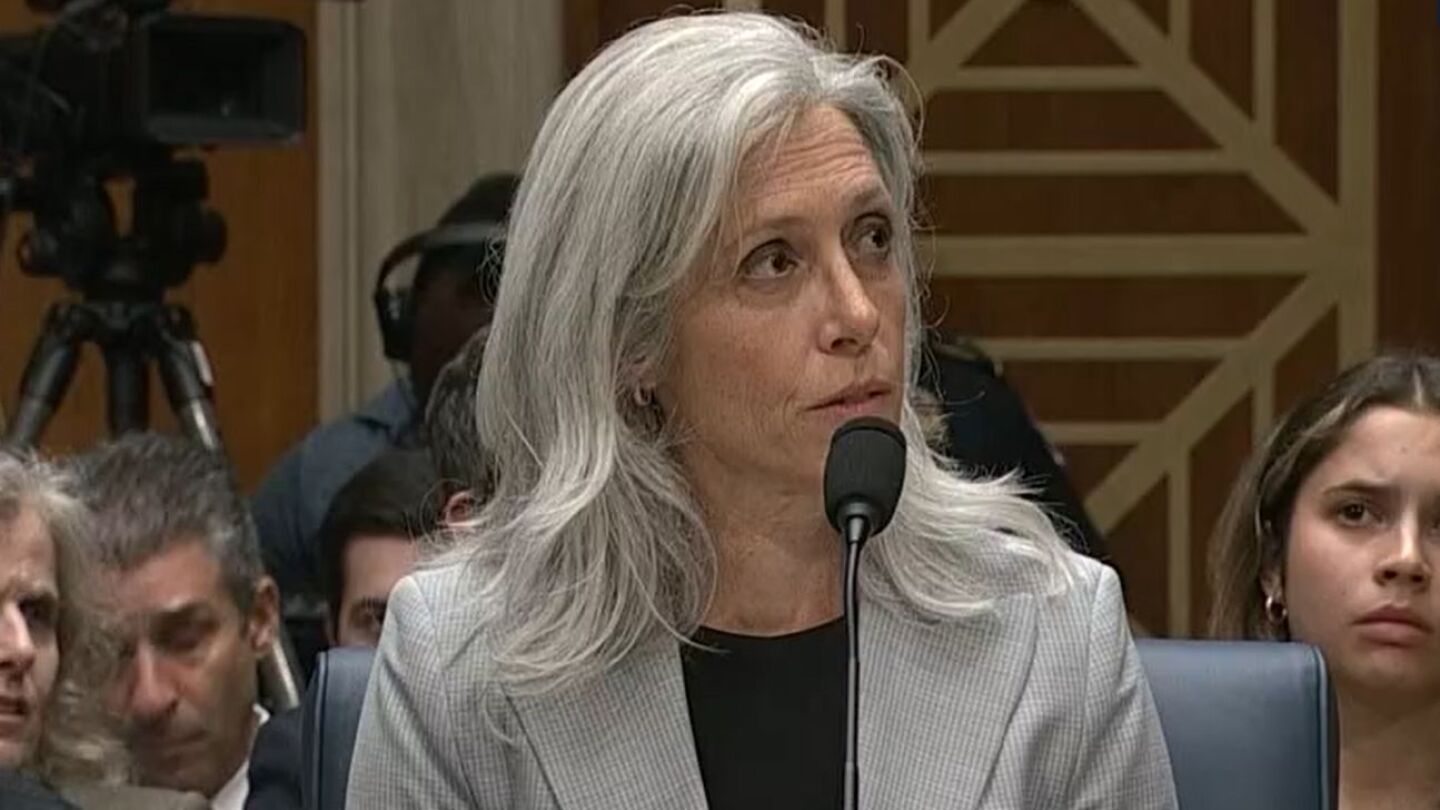News
Applied Therapeutics has yet to confirm whether the study, posted on Clinicaltrials.gov on Thursday, means it has indeed aligned with the FDA on govorestat’s development.
FEATURED STORIES
Though nerves abound for funders and founders in the industry, money continues to flow into startups, sometimes in eye-popping numbers. BioSpace rounds up the biggest raises so far this year.
Acknowledging the limits of disease-modifying drugs like Leqembi and Kisunla, companies like Bristol Myers Squibb, Acadia, Otsuka and Lundbeck are renewing a decades-old search for symptomatic treatments, including in high-profile drugs like Cobenfy.
These five upcoming data drops could usher in more effective and convenient therapies for Alzheimer’s disease and open up novel pathways of action to treat the memory-robbing illness.
Job Trends
RevolKa Ltd., a venture-backed biotech company providing a game-changing protein engineering technology platform signed a master service agreement with Daiichi Sankyo Co., Ltd.
FROM OUR EDITORS
Read our takes on the biggest stories happening in the industry.
Following restricted vaccine approvals and changes to CDC immunization schedules, Merck, Pfizer, GSK and Sanofi are all suffering revenue hits to their vaccine programs.
THE LATEST
The World Health Organization’s Essential Medicines list guides high-level procurement and coverage decisions for over 150 countries.
New FDA expert panels, such as recent meetings on SSRI use during pregnancy and on hormone replacement therapy during menopause, are drawing criticism for being one-sided. One leader says such panels are designed to reach a specific conclusion.
Amid an unprecedented turnover in leadership at the FDA and mass layoffs of staff, communication has crumbled and uncertainty runs rampant, leaving small and medium biopharma companies without a clear path forward for their therapies.
Rick Doblin, the founder of the Multidisciplinary Association for Psychedelic Studies, which founded Lykos, bemoaned a “moving of the goal posts” in Lykos’ rejection but looked for positives in the newly released complete response letter.
Robert F. Kennedy Jr. repeated a series of anti-vaccine talking points during his appearance in front of the Senate finance committee on Thursday, as Democratic and Republican senators alike hammered the Health Secretary on recent COVID-19 vaccine restrictions and his views on Operation Warp Speed.
Ousted CDC Director Susan Monarez claimed in an op-ed published in The Wall Street Journal Thursday that she was fired for refusing to rubber-stamp COVID-19 recommendations to be made by an advisory panel that has expressed “antivaccine rhetoric.”
Despite hitting its efficacy targets in the Phase III COAST-1 study, Sanofi’s amlitelimab remains “meaningfully inferior” to Dupixent, according to analysts at Leerink Partners.
Hengrui Pharmaceuticals has been busy this year, signing a nearly $2 billion cardio contract with Merck in March and a 12-asset agreement with GSK in July worth up to $12 billion.
In coordination with the United States President’s Emergency Plan for AIDS Relief, Gilead will make its twice-yearly HIV prophylactic Yeztugo available to resource-limited countries “at no profit.”
Perhaps the most interesting of the pile of FDA rejection letters was for Lykos Therapeutics’ MDMA therapy. Letters sent to Stealth BioTherapeutics, Regeneron and more were also released as the agency also promised future CRLs “promptly after they are issued to sponsors.”

















